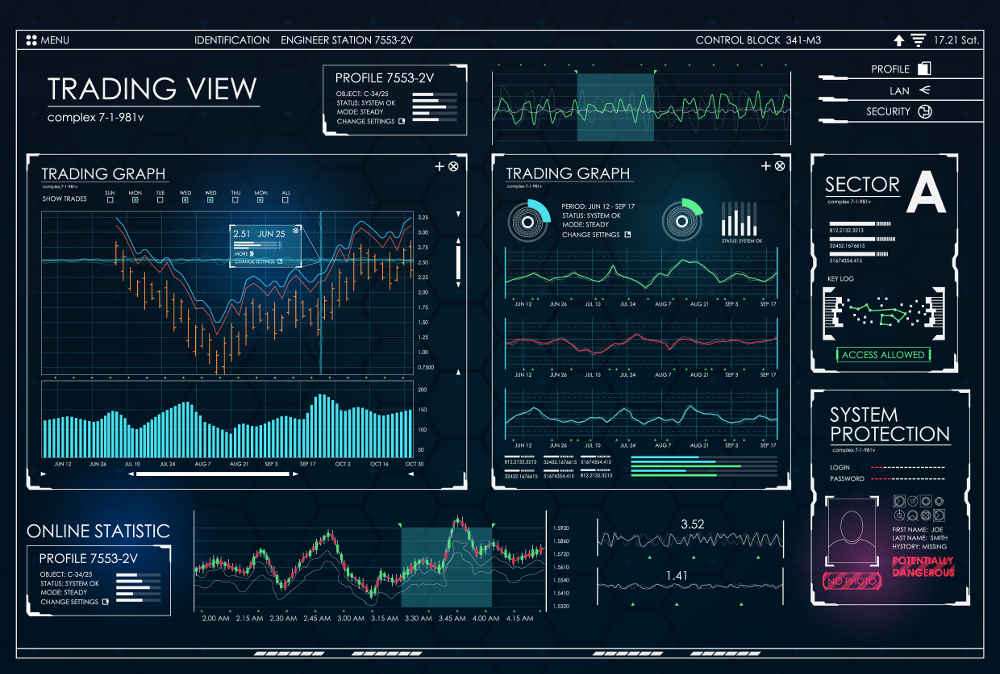Businesses are always on the prowl for what can make their service or product stand out from its competition. The age of mass produced and machined goods demanded that the products put to market were going to be well received by their targeted consumers as a way to keep costs down. This is because retooling an entire factory’s process is not only onerous and time consuming, but also incredibly expensive in the form of the new tools and lost revenue while the factory floor lay fallow. Companies began to look to their users more and more for insight, and User Experience (UX) research and design was born.
Why is UX so hot among businesses now?
More and more companies are finding value in having teams of dedicated UX researchers and designers. Where previously companies may have hired consultants from larger market research and focus group firms, an increasing amount of them have opted for in-house solutions to their UX needs. From giant companies such as Google and Amazon to smaller operations, the demand for this field seems to be on the rise. In short, access to the internet and thus more direct contact on a more frequent basis is responsible for this new wealth of information.
The concept itself may sound so simple, but it is a nuanced practice that is just starting to become ubiquitous and constant in the business world. Many products and services were prescriptive, but now more companies are using these sorts of collaborative methods to create products. It goes beyond focus groups, surveys, and pays per clicks, in the the world of complex social science. The results can be astounding though.
User Experience relies more heavily on the qualitative aspects of customer research, but still retains insights gained from quantitative data. It does go further though. Rather than just looking at users’ behaviors and making prescriptive assumptions based on their (re)actions to the product it begins to understand the “why” of these matters. Armed with customers’ reasons for their choices, companies can make more appropriate and readily consumable services and products. It informs decisions far beyond single projects.
What backgrounds generally benefit UX designers and researchers?
While the concept of “find out how customers feel about the product” may seem self-evident, it is not always the case. This is why you many of these roles require extensive school or experience (or both) when companies are searching for UX researchers and designers. Individuals with backgrounds in the social sciences generally do well in positions like these, and most require bachelor’s degrees in Anthropology, Sociology, Human-Computer Interaction (HCI), Marketing, and even psychology. Some higher paying and more senior roles even require Master’s and PhDs for consideration.
It makes sense, though, that such academic backgrounds are useful to companies in this kind of role. UX is all about discovering how and why customers are making the decisions that they are making, these degrees usually suggest that the individual has some working knowledge of how to discover those insights.
From color choice, to page layouts, to design of a product, even to cultural understandings of how the product/service is present, sometimes it takes a UXer to crack the case for businesses.
If you liked this article, follow us on Twitter @themerklenews and make sure to subscribe to our newsletter to receive the latest bitcoin, cryptocurrency, and technology news.

